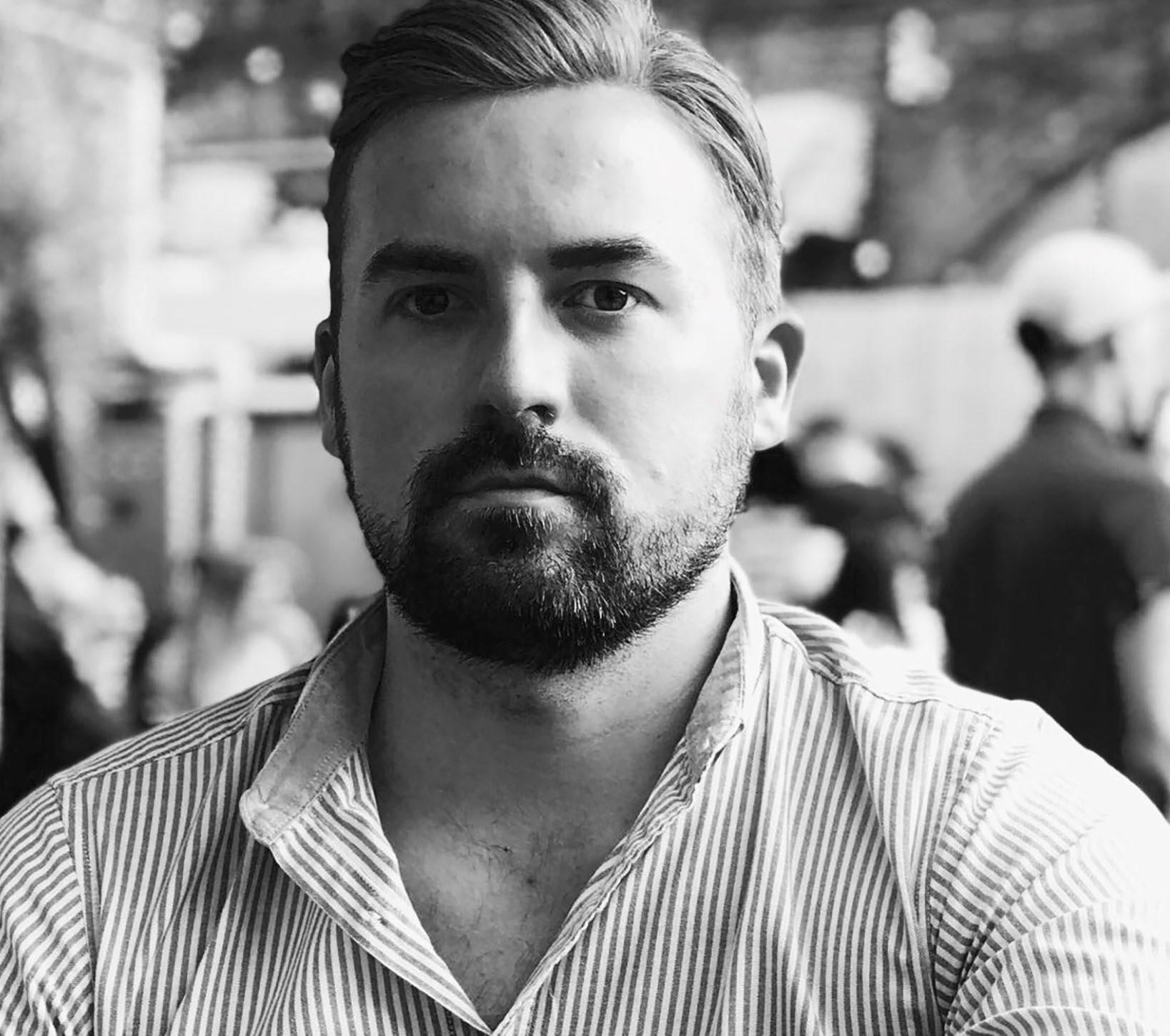Return to Contents
Issue 06 2020
Alumni
Alumni
Southern African Scholars The Ruth First Scholarship
Simplicio Bhebhe from Zimbabwe
In 1964, students and staff at Durham University set up a scholarship for South African students, as a way of combating the devastating effects of apartheid. It was renamed in memory of Ruth First, the writer, researcher and anti-apartheid campaigner who lectured in Sociology at Durham in the 1970s and who was murdered by the South African police in Mozambique in 1982. Educational opportunities in post-apartheid South Africa have been transformed, but there is still an urgent need for international help to build knowledge, skills and leadership capacity in the region. The Ruth First Scholarship now supports one student per year from anywhere in southern Africa taking a taught Master’s degree at Durham. Scholars are chosen for their leadership in working for the benefit of their communities as well as their academic ability. The University plays a key part in making the Scholarship possible, by covering the cost of tuition fees, while St Chad’s College provides subsidised accommodation and welcomes each year’s Scholar into a supportive community. Former Ruth First Scholars are putting qualifications in a wide range of subjects to good use in teaching, business, research, public administration and community work. They form a very special group of alumni, committed to using what they gained from their Durham education to make a difference in southern Africa.
16 Dunelm
Simplicio Bhebhe from Zimbabwe Ruth First Scholar 2009-10, Law, St Chad’s College reflects on his time at Durham and the impact it has had on his life and work: “I am proud to be the first Zimbabwean to have been awarded the Ruth First Scholarship. I am forever grateful to Durham University and the Ruth First Educational Trust for the tremendous opportunity they gave me and for the knowledge, experience and expanded perspective on global issues which I gained from my time at Durham. “Having grown up in a poor country, with limited opportunities, and to a poor family, it was beyond imagination that I would one day be able to attend one of the world’s most prestigious institutions of higher learning. I did my Bachelor of Laws (LLB) degree at the University of Zimbabwe (UZ) from 2004 to 2008, at a time when such education was funded by the government, allowing people of limited financial means, such as myself, to attend. My time at UZ also coincided with one of the most difficult periods in Zimbabwe’s history, both politically and economically. We had the highest inflation rate in the world at the time (reaching 89.7 trillion per cent in
2008) and most shops were empty as a result. Politically, the country was under the presidency of the infamous late Robert Mugabe, who ruled with an iron fist, limiting all political freedoms and civil rights. During my final year at university, there was also a national election in which hundreds of civilians were tortured and killed for political reasons. “During my time at UZ, I assisted indigent persons with legal representation, through the law faculty’s legal aid clinic. I was also a member of SHAPE Zimbabwe, which is a university-based non-profit organisation dedicated to improving health, HIV prevention and fostering of gender equality. “My time at Durham University was eyeopening and enriching. The social, cultural and academic knowledge and experience I acquired are invaluable to me to this day, and some of the friends I made remain close. The experience was made all the better by the members of the Ruth First Educational Trust, who were friendly, welcoming and at all times treated me as part of their families. “Durham University staff were very helpful and assisted me to seamlessly acclimatise to the university environment. Academically, the lectures were splendid and enlightening – always detailed, well researched and well prepared. There was an abundance of study material and assistance from the ever-helpful lecturers and faculty staff. My dissertation, for which I got a distinction, was on how victims of torture might seek justice from international justice tribunals. It was motivated mainly by my personal experience from Zimbabwe, where many torture victims fail to get recourse as





















